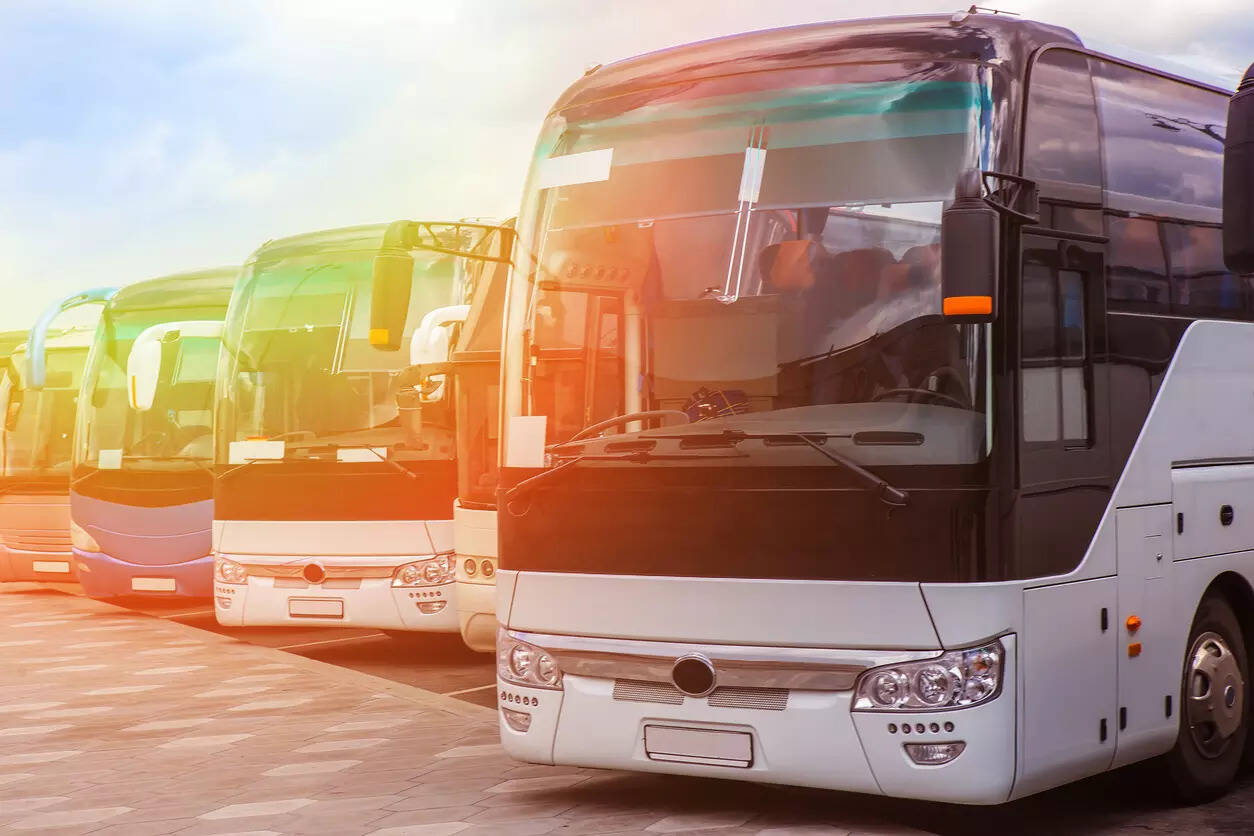
The number of private vehicles in Bengaluru may have surpassed one crore during 2023-24, but the strength of the city’s public bus fleet has shrunk to 6,073 — the lowest since 2017-18 — raising fears of congestion on roads and worsening pollution.
The reduction in the fleet size, along with a decrease in the staff strength and other factors, has led to Bangalore Metropolitan Transport Corporation (BMTC) operating fewer buses compared to pre-Covid times. In 2019-20, BMTC operated 6,159 scheduled services. The number has now dropped to 5,639. “As recruitment didn’t begin in 2019, there has been a substantial reduction in the staff strength, especially drivers and conductors. This has impacted the operational schedules of buses, especially AC buses,” a BMTC official said.
The transport utility’s staff strength has decreased from 34,114 in 2017-18 to 28,620 as of Jan 2024. The official added that the demand for AC buses to IT corridors too has diminished since Namma Metro connected to Whitefield last year, and more people are expected to shift to Metro once operations begin on the 19-km Yellow Line from RV Road to Bommasandra. The BMTC fleet includes 585 AC buses.
But despite the numbers presenting a bleak picture of the state of public transport in the city, BMTC claims to serve the travel needs of over 40 lakh passengers in the city every day.
Mobility experts, though, suggest that considering the growing population of Bengaluru, BMTC should have a fleet size of 10,000 buses to effectively serve Bengaluru’s transportation needs.
The introduction of the Shakti scheme providing free travel for women has led to an increase in daily ridership by 6-7 lakh. From June 2023 to April 2024, more than 107 crore passengers used city bus services, with 61.2 crore rides taken by Shakti beneficiaries.
Fleet size will increase
BMTC is set to expand its fleet by adding 1,900 buses in a phased manner, including electric buses operated by private operators under a gross-cost contract basis. The corporation already has 626 non-AC e-buses. “As per the agreement reached with Tata Motors for the operation of 921 buses, 236 have already arrived; the rest will be operated soon,” the official said.
In the near future, BMTC plans to add 840 diesel buses, 320 AC e-buses, 120 e-buses for Metro feeder services, and 10 electric double-decker buses. “With the induction of new buses, we’re planning to add 600-700 new schedules in the city. The process is on for recruiting 2,500 staff; this will also help in running a greater number of buses,” the official added.
In the past seven years, BMTC managed to add 1,406 new buses in 2017-18. Since then, the annual induction has not exceeded 600 buses, with none added in 2020-21.

